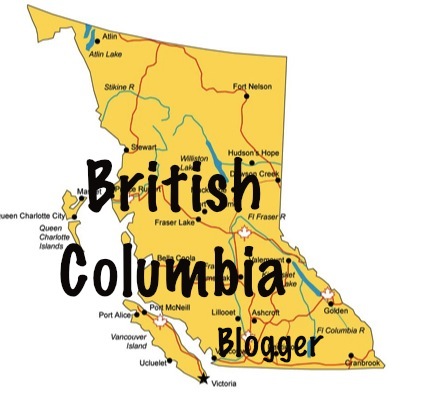As a Faculty Associate, we have pre and post conferences with our Student Teachers before and after we observe them teaching in their practicum classrooms. We also try to have a few 1 on 1 conferences during our time on campus. This time is incredibly valuable and is when I am able to ask my students deep questions that have to do with their specific learning journey. It is when I get to personalize my feedback for them and ask them questions that I hope will move them forward in their learning. Really meaningful formative feedback.
I used to do a bit of this as a classroom teacher but not nearly enough. But as I reflect on my years as an FA and as I think about my upcoming full time return to the classroom, I know it is something I will need to make more time for because it may be the best type of formative assessment strategy that I know.
1 on 1 conferences--not just for Writer's Workshop and Genius Hour anymore! I am planning to make it a part of my assessment plan in all subject areas!
Any advice?
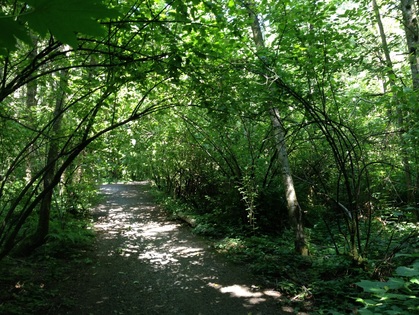
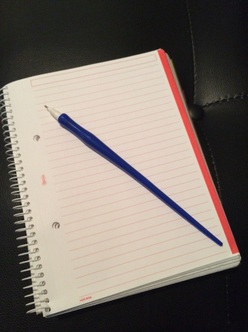
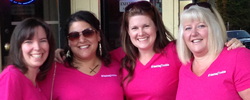
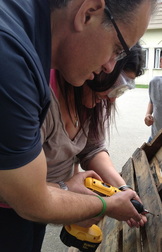
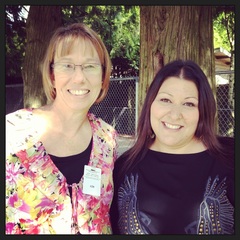
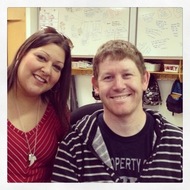




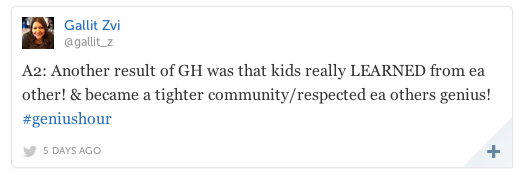
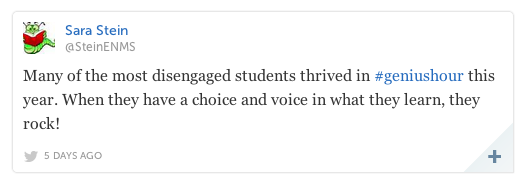

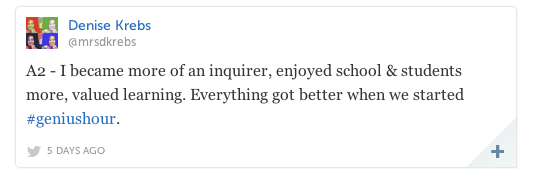
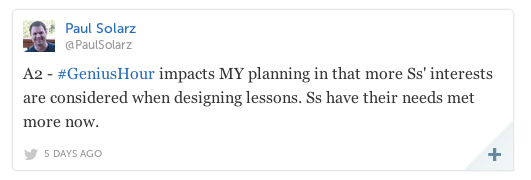



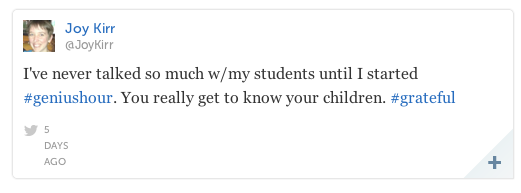
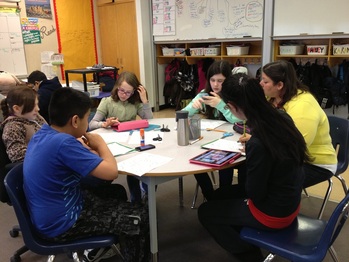
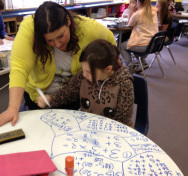
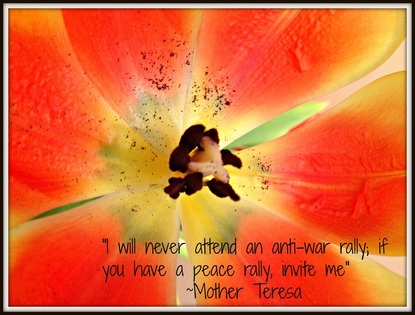
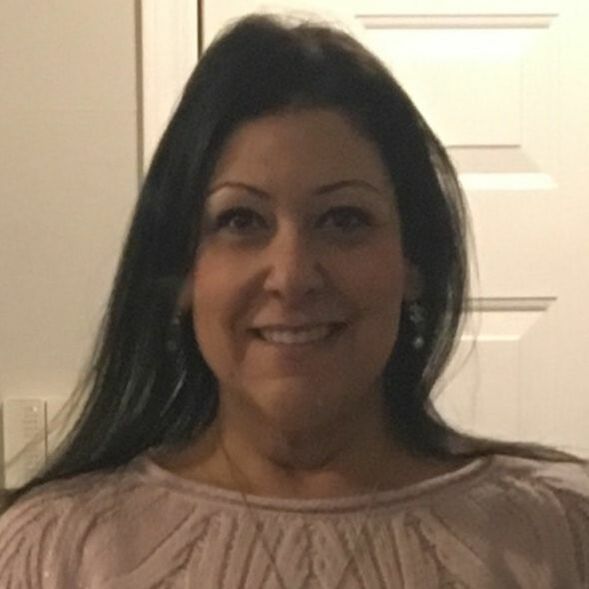
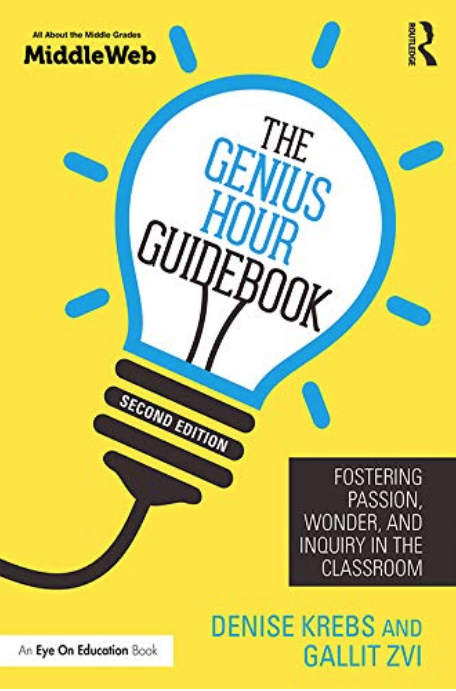
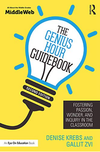
 RSS Feed
RSS Feed
